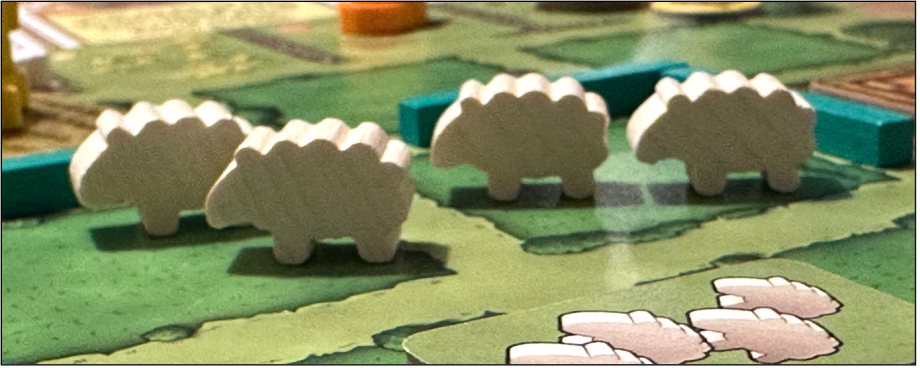5 ECTS PhD course in Environmental Humanities to be held in Stavanger, 2-6 December 2024

The Norwegian Researcher School in Environmental Humanities invites applicants to attend a week-long PhD course on “Play and the Environmental Humanities,” organized by The Greenhouse Center for Environmental Humanities at University of Stavanger.
As the environmental crises and challenges facing the world get more serious, is the best way to respond to be more serious? Or is there a need for playfulness?
This PhD course explores play as an act of imagination and of hope – of exploring alternatives, of options, of defining, questioning, and changing rules. Play comes with rules and restrictions, which are necessary to create frameworks for thinking and interaction. But rules express ideas about the world, and many such ideas have been defined by a limited group of people. Play might allow people to bypass cognitive limitations, genre boundaries, and so on, to allow for creativity, alternative ways of seeing problems, out-of-the-box thinking, and other ways of approaching the wicked problems of the Anthropocene.
In this PhD course, we explore play as an approach in environmental humanities research. We will play with different forms of playfulness – games, humor, physicality. We will have fun, but we will also explore non-fun forms of playfulness. We will explore play and representation, as well as the co-opting of play in commercial settings.
Through the week of the course, students will listen to lectures, engage in discussions and group work, and develop their own playful concept, which can be a game, an exhibition, a performance, or anything else. The PhD course encourages creativity in order to open up for ways of working with other media than text, or in other genres than standard academic writing. We treat play as practice for creativity and other kinds of academic work, to turn us as playful scholars into better problem-solvers, better thinkers, and better communicators. Play is also a goal in itself, a way of forming communities, of being and doing together.
For course credit, students must submit a two-part portfolio for approval. The first part presents a demonstration of a playful concept, which could be developed in collaboration with other course participants. The second part is an essay with the student’s own reflection over the thinking behind the concept and its relationship to environmental humanities research.
The course will be taught in person at the University of Stavanger campus. The PhD course will be combined with a Greenhouse Green Boardgames Night, a social event with pizza.
Participants must be admitted to a PhD programme to enroll this course. Priority is given to applicants who are members of the Norwegian Researcher School in Environmental Humanities. There is no fee for course registration, but participants will have to cover their own transportation, accommodation, and food costs. NoRS-EH members will have their travel and accommodation costs covered. You can attend this course either at the beginning of your research or at a later writing-up stage of your project. Other candidates such as early stage postdoc researchers and specialised final stage master students can be accepted. The course is appropriate for PhD students from a variety of disciplinary backgrounds, preferably speaking to environmental humanities concerns in some way. Students of play and creativity who are interested in environmental engagement could also benefit from the course.
To apply, complete and submit the linked application form to astrid.t.aasmundtveit@uis.no by November 1, 2024.
For questions, contact Professor Finn Arne Jørgensen at finn.a.jorgensen@uis.no For more information about the course, visit this link.